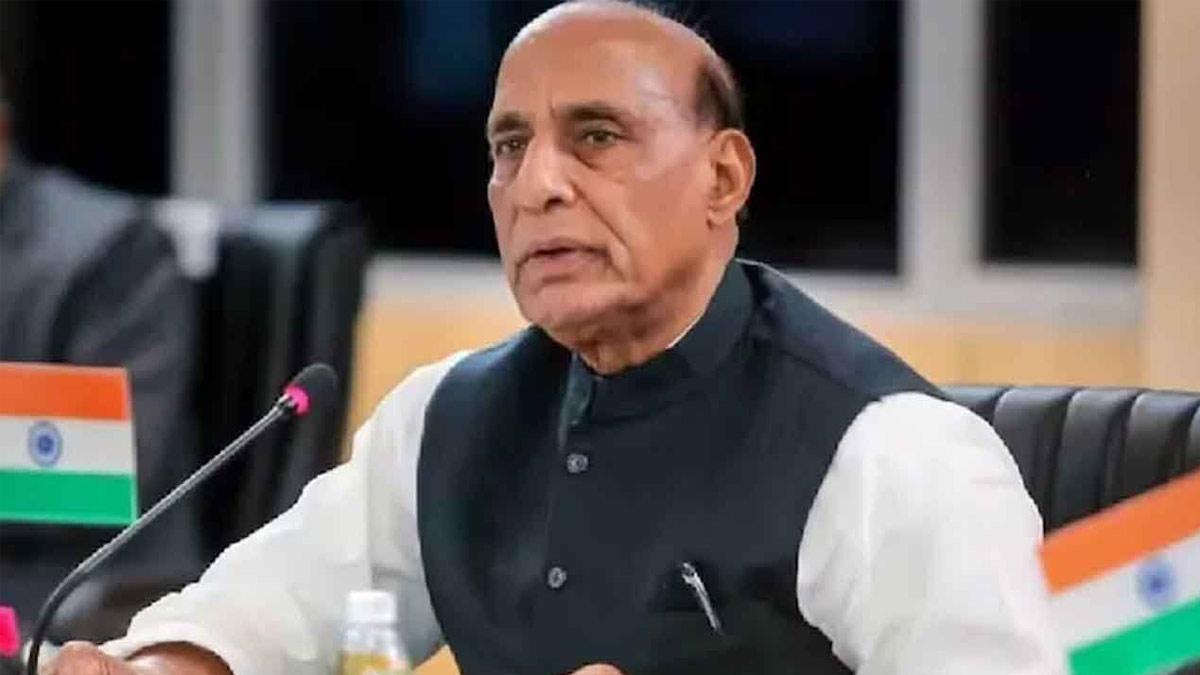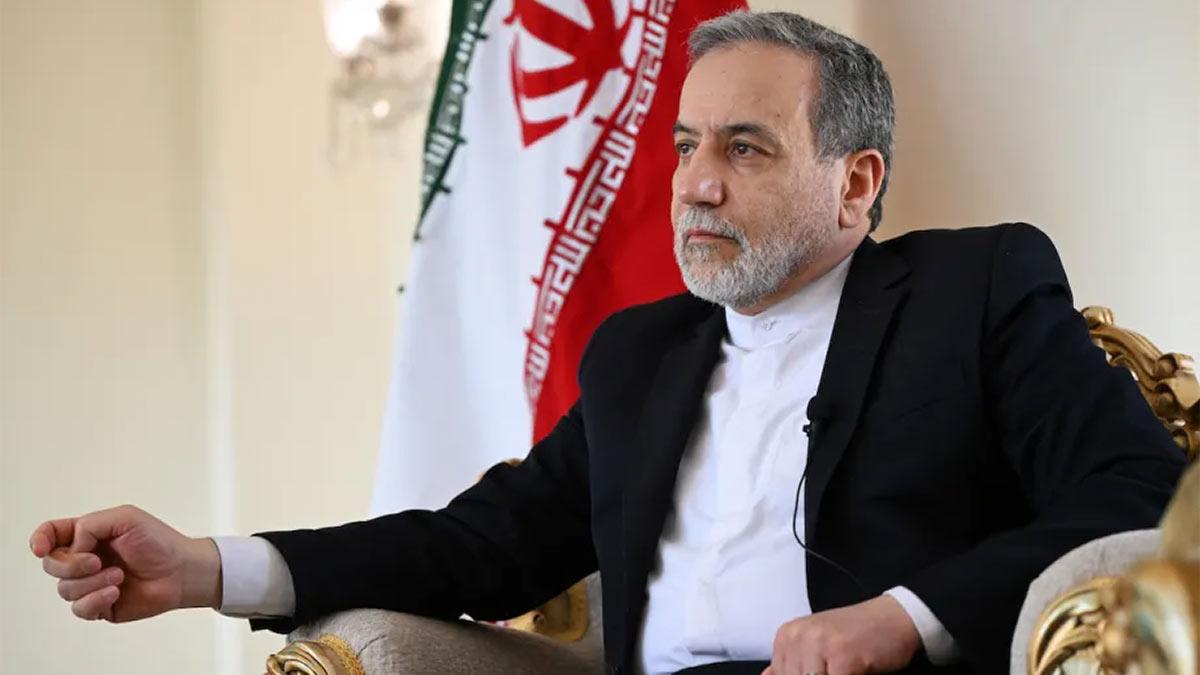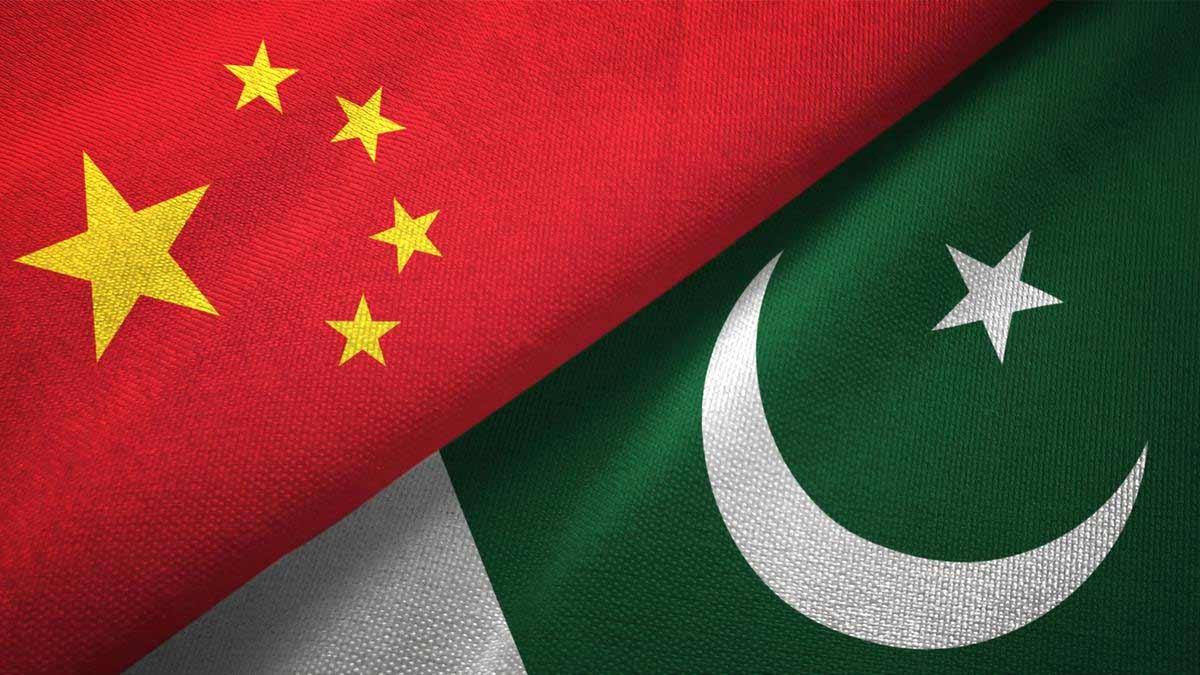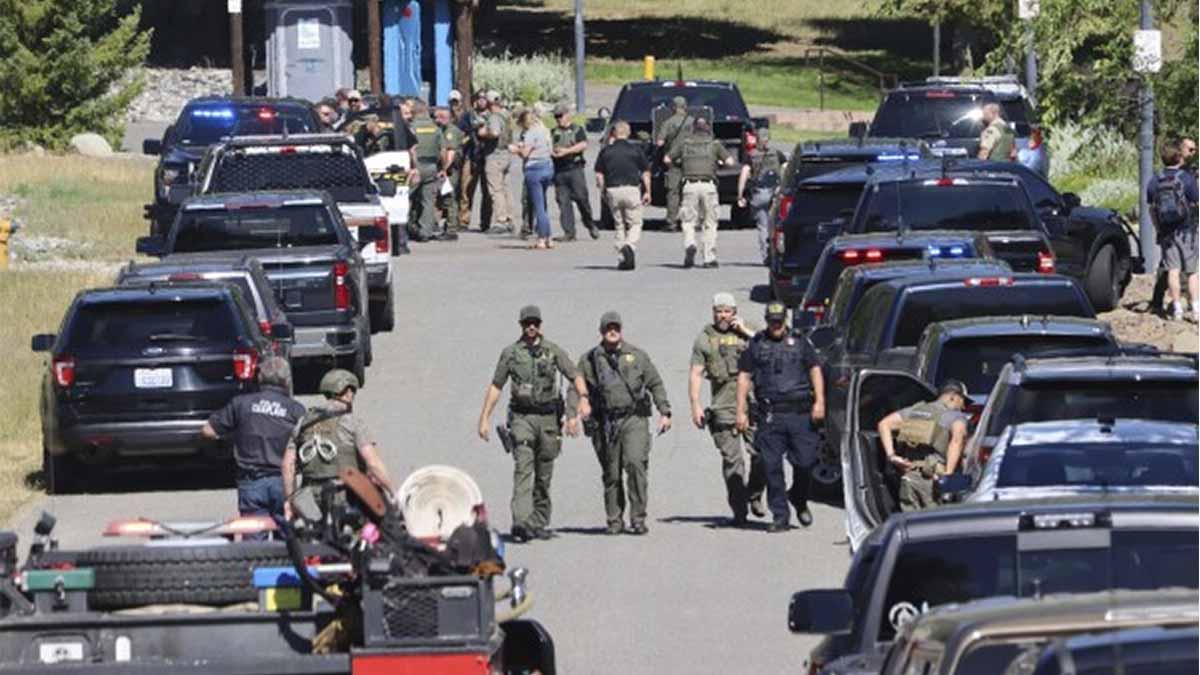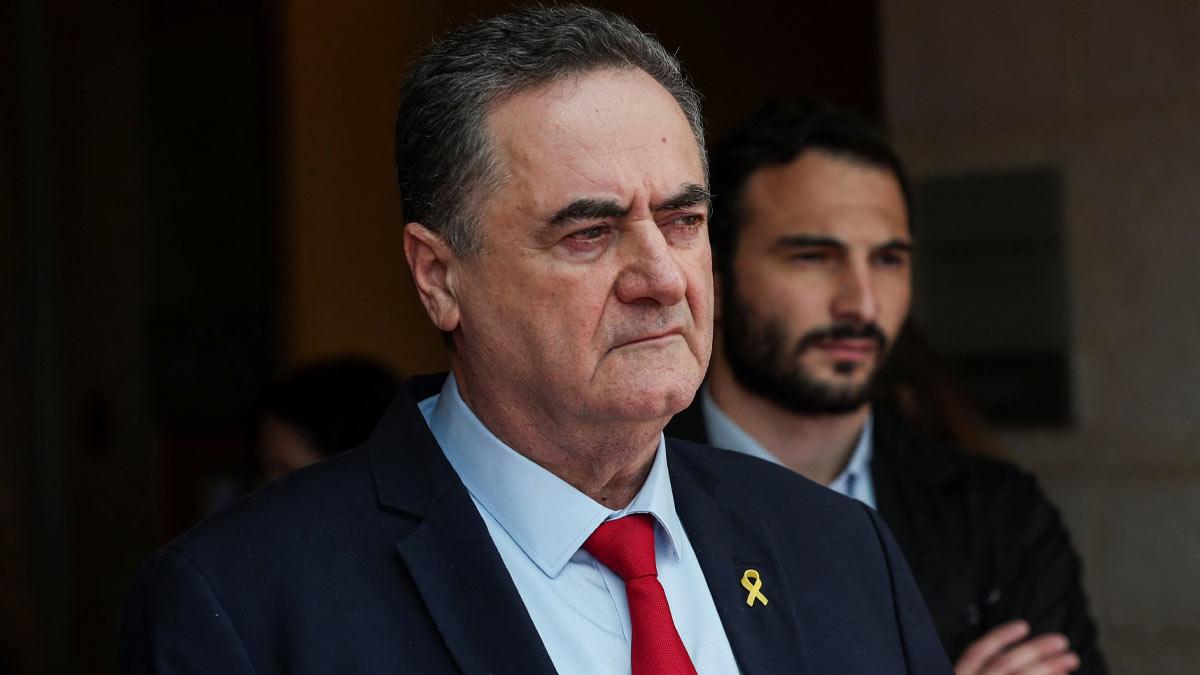In a telephone conversation with Indian Defence Minister Rajnath Singh on Thursday, US Defence Secretary Pete Hegseth conveyed the full support of the US to India after the recent terror attack in Pahalgam on April 22, where 26 lives were lost.
Hegseth's move follows a wave of support from senior US officials. US President Donald Trump had called Prime Minister Narendra Modi soon after the attack, and US Secretary of State Marco Rubio had also made a call to External Affairs Minister S. Jaishankar a day ago.
"Today, I called Indian Defence Minister @rajnathsingh to extend my personal deepest condolences for the loss of lives in the despicable terrorist attack last week," Secretary Hegseth posted on social media.
"I said that we are strongly supporting them. We stand with India and its people."
Surprisingly, Hegseth joined Rubio in asking for restraint amid heightened tensions. Rubio previously requested both nations to exercise restraint with the knowledge of potential Indian response using their weapons against Pakistan, a sanctuary of terrorist groups which carried out prior attacks on India, including Lashkar-e-Toiba and Jaish-e-Mohammad.
India's Defence Ministry in its official release further said that Defence Minister Singh emphasized Pakistan's ongoing engagement in the cultivation of terrorism.
"Pakistan has had a history of supporting, sponsoring and funding terrorist organizations," Singh told Hegseth.
He added in additional stress, "Pakistan has been exposed as a rogue state, supporting international terrorism, and destabilizing the subcontinent. The world can no longer be a bystander to terrorism."
Singh urged the international community to stand strong and clear against condemning such acts of terror and calling for them to be condemned unequivocally.
India has vowed to bring perpetrators of the Pahalgam attack and their sponsors to justice, a statement that came to be viewed widely as a threat to Pakistan.
Indian Prime Minister Modi has given permission to the Indian military to use their judgment in determining the timing, character, and extent of a retaliation.
Meanwhile, Secretary Rubio, in separate sessions with Pakistan Prime Minister Muhammad Shehbaz Sharif and Indian External Affairs Minister S. Jaishankar, emphasized the need to de-escalate tensions. He called on the two countries to "de-escalate tensions, re-establish direct communications, and ensure peace and security in South Asia."
Read also| Donald Trump on Trade War Impact: ‘US Kids Might Get 2 Dolls Instead of 30’
Read also| U.S. Urges Pakistan to Aid in Kashmir Terror Probe, Seeks Regional Stability

